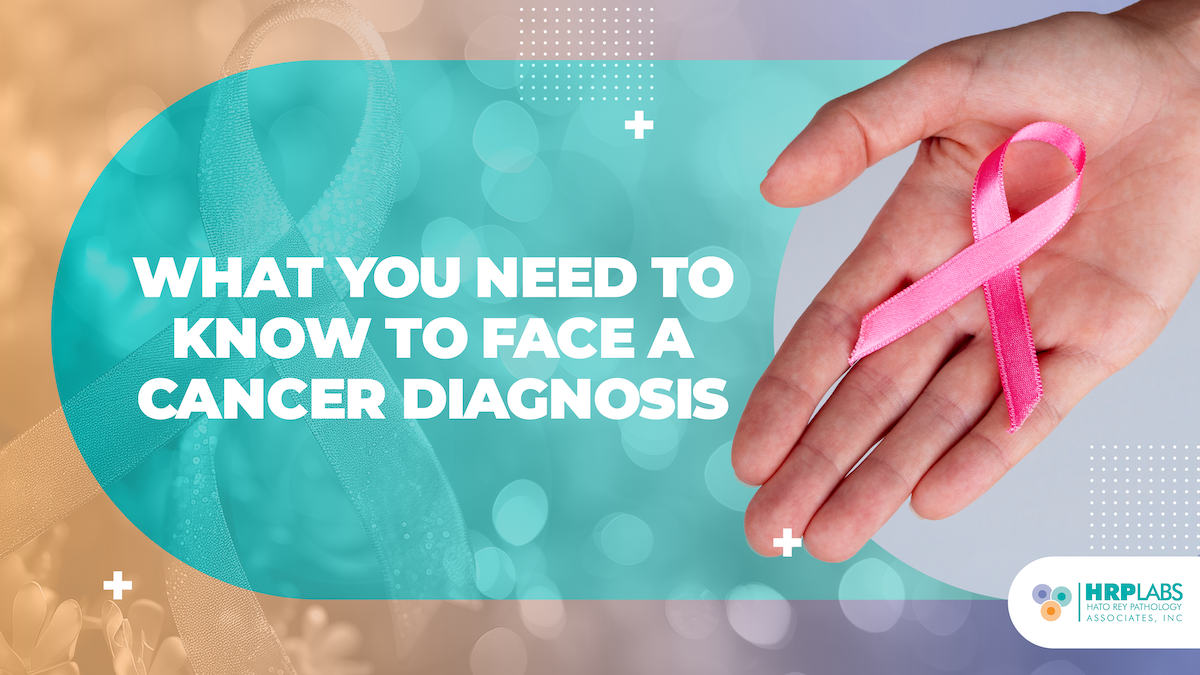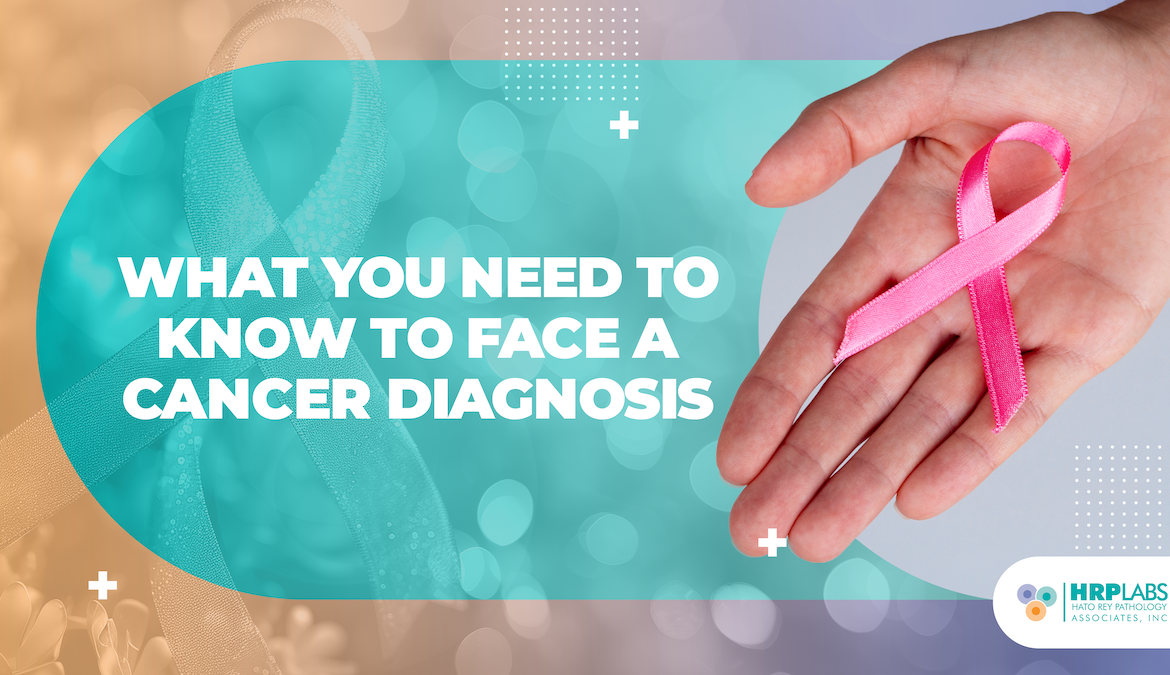
During the month of October, Breast Cancer Awareness is celebrated, and we want to take this opportunity to continue educating and raising awareness. Receiving a cancer diagnosis is a life-changing experience, and one of the first steps in this process is understanding what the diagnosis involves, and the tests associated with it. In this article, we explain the most common procedures used to diagnose cancer, along with relevant cancer data from Puerto Rico.
Initial diagnostic tests
Cancer diagnosis can begin with basic tests such as blood tests or imaging studies. These tests allow doctors to identify suspicious areas that may require further evaluation. For example, blood tests can measure the levels of substances that may be elevated in people with certain types of cancer, such as tumor markers.
In Puerto Rico, the most common types of cancer include breast cancer, prostate cancer, and colorectal cancer. According to data from the Central Cancer Registry of Puerto Rico, approximately 13,000 new cancer cases are diagnosed each year, highlighting the importance of early detection testing in the local population.
Imaging studies
Imaging is crucial for detecting masses, tumors, or irregularities that may be indicative of cancer. The most common imaging studies include:
- Computed Tomography (CT): Provides detailed images of internal organs and can help identify the size and location of tumors.
- Magnetic resonance imaging (MRI): Uses magnets and radio waves to generate more detailed images of soft tissues.
- Mammograms: Especially useful for early detection of breast cancer, which is the most diagnosed type of cancer in Puerto Rican women.

Breast cancer is a significant concern in Puerto Rico, with approximately 2,000 new cases each year. Mammography remains the standard for early detection in women aged 35 and older.
Biopsies
If imaging studies or initial tests suggest the presence of cancer, the next step is to perform a biopsy. During this procedure, a tissue sample is taken and examined under a microscope to determine if it contains cancerous cells. There are different types of biopsies:
-Fine-needle aspiration biopsy: Small amounts of cells are extracted using a thin needle.
-Surgical biopsy: In cases where a larger sample is needed, a minor surgery may be performed.
A biopsy is the gold standard for confirming a cancer diagnosis, as it provides the most precise information about the nature of the tumor.
Genetic and molecular testing
Today, doctors not only focus on detecting cancer but also on understanding the genetic and molecular characteristics of the tumor. Genetic tests can identify specific mutations that help identify rare diagnoses and personalize treatment. For example, some types of cancer, such as breast cancer, can be treated more effectively with medications targeted at specific genetic mutations.
Preparing for the diagnosis
If you are waiting for test results or suspect that you may have cancer, it is important to maintain open communication with your medical team. Asking questions and staying informed about the diagnostic process can help you face this situation with greater confidence. It is also essential to have the support of family or friends during this time.
Next steps after the diagnosis
Receiving a cancer diagnosis is just the beginning. Once the diagnosis is confirmed, your medical team will work with you to develop a personalized treatment plan. This plan may include surgery, chemotherapy, radiation therapy, or targeted therapies, depending on the type and stage of the cancer.
A cancer diagnosis can be overwhelming, but knowing the steps involved and the tools available for early detection can make a significant difference in your recovery process. At HRP Labs, we are committed to the health and well-being of our patients, offering advanced and accurate diagnostic tests to assist you on this journey. If you have any questions or need more information about our diagnostic services, please feel free to contact us at 787-765-7320 or email us at customerservice2@hrplabs.com.

